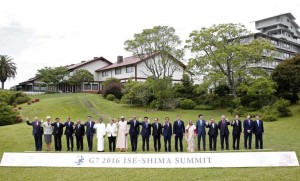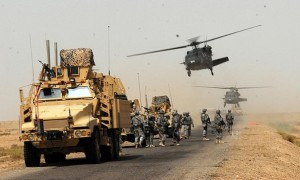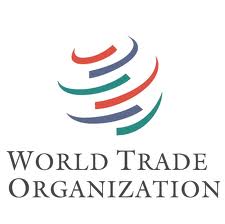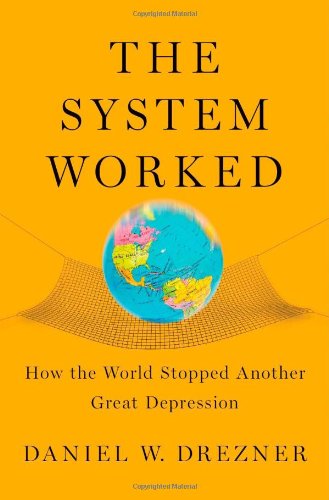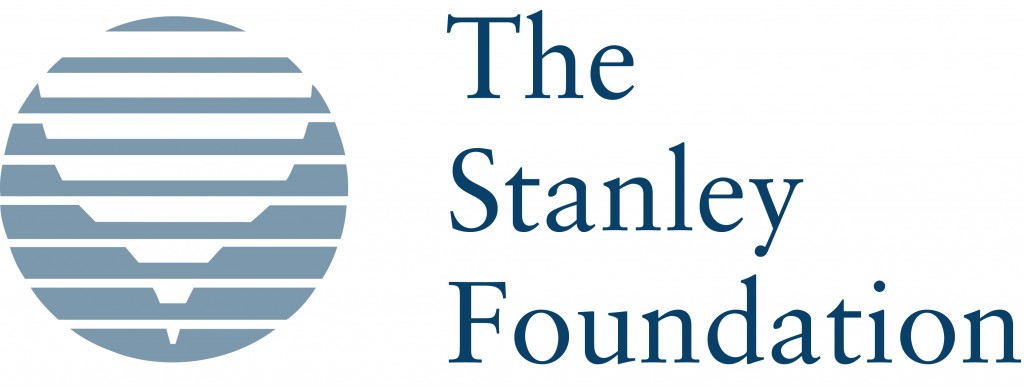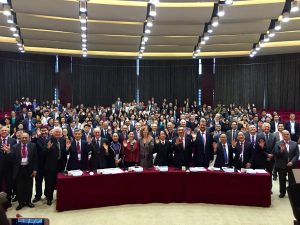
So it is evident there is much anger out in ‘election land’ and among the many electorates these days. The distemper is widespread. The ‘oddest’ of campaigns of course is the Presidential race – just 98 days away – in the United States. A campaign driven in part by the Republican nominee who has abused his opponents and his putative friends – all in the name of ‘no more political correctness’. We are reminded constantly that rising inequality and plodding economic growth across the established powers and increasingly among the rising powers has led to growing frustration and anger from those in the 99 percent. Whether you are looking at global GDP, global trade, or global investment, all these measures of possible global prosperity look anemic. At a minimum these measures signal that the global economy has in fact not really recovered from the Great Recession.
Gideon Rachman of the FT suggested very recently that there is a strong link between those supporting Donald Trump in the US and those who voted in favor of leaving the EU in the UK referendum. As Rachman concludes in assessing these Brexit voters:”The second [parallel] is the way in which the Trump and Brexit campaigns have become vehicles for protest votes about economic insecurity. The third is the chasm between elite opinion and that of the white working class.” While it is of course much harder to identify frustration and alienation from governments in authoritarian societies, it is not hard to believe that there is much anger lying ‘just below the surface’ in states with authoritarian regimes and high degrees of inequality such as in China and Russia and in more democratic developing ones such as Brazil and South Africa.

